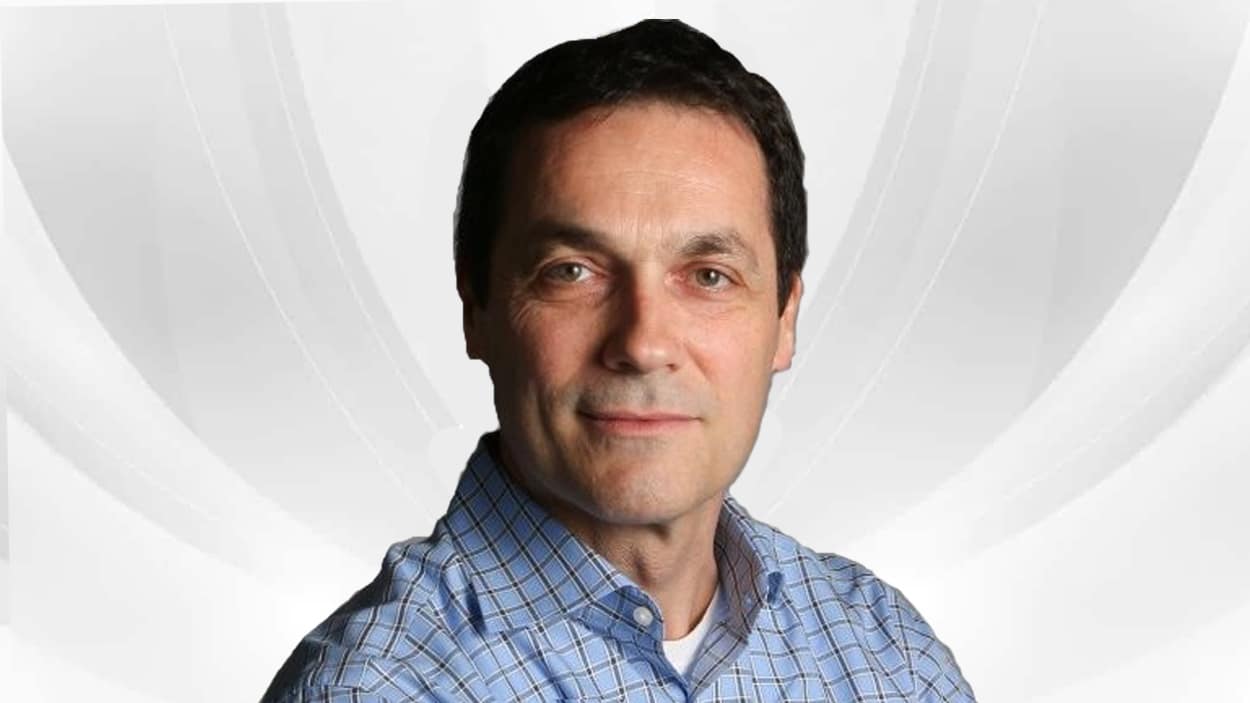Your educational background is in law. What was the trajectory of your career?
Well, it was an evolution. Throughout my career, I’ve always been involved on the business side of things. I have a transactional legal background and originally started working as a lawyer in the transactional group of a big pharmaceutical company in Switzerland, which involved handling negotiations with other biotech companies and doing collaboration deals. Over time, I switched sides, joined a large law firm in the US, and worked with smaller biotech companies, representing them in negotiations with large pharma companies on collaboration deals: licensing, manufacturing—basically anything transaction related.
After about 10 years, I joined a biotech company, first as General Counsel and gradually moving into operational and business development roles. I had negotiation experience and understanding of potential issues, so this was an easy transition. I’m now doing everything from A to Z, starting interactions with companies, explaining the science behind our platform and programs, and then hopefully turning these early conversations into business development negotiations and transactions that ultimately bring funding into the company.
LinkedIn Profile : Matthias Alder
What attracted you to working with biotech and pharmaceutical companies?
As is often the case, the start was pure happenstance. I wanted to be involved in an organization that had international exposure, so after attending school in Switzerland I did a postgraduate law degree in the US. I wanted to use my international experience in my future career, and I could have gone into banking or insurance, but a friend of mine was working at a pharma company and said, “Hey, we have an opening, are you interested?”
And I jumped on that opportunity and haven’t looked back since. I couldn’t imagine working in any other industry, because my job doesn’t feel like just a job, it feels much more meaningful because we are involved in something that ultimately benefits humankind and has a very direct impact on people’s lives. This is also why I love the rare disease space, knowing I can have a direct impact on the health and lives of people and their families. If you ask anyone in biotech what drives them to be in the industry and stay in the industry, it’s that sense of purpose we find in our work.
You have a global background, working with companies both in Europe and the United States. What are the differences between European and American companies and scientists?
Europe and America are different and yet not. Pharma and biotech are global industries, so there’s a certain recognized way of interacting on the business level that makes it more uniform, and the experience I gained working in pharma in Switzerland was directly transferable to my work in pharma in the US. There are certainly cultural differences between Europe and the US, but that’s more on the people side and in my opinion those differences make everything more interesting and fun.
You’ve had an impressive career. What goals do you still wish to achieve in your career?
Ah, that’s a very good question. I think continuing to progress on the path I’m currently on at Gain. I want to positively influence the organization and work with my colleagues to achieve the company mission, which is to accelerate drug discovery and development with our platform and make that platform more widely used and adopted in the industry. Additionally, I want to progress our transformative program in Parkinson’s disease, which has a disease modifying potential that could be very impactful for patients once we get into clinical studies.
What most excites you about how Gain is tackling therapeutic development?
I think the opportunity we have with the SEE-Tx® platform is very exciting because it gives us the ability to accelerate drug discovery from a process that takes 18+ months to identify a molecule that might work, to a process that takes less than three months. Being able to compress that time frame on the front end is very meaningful and allows us to do more in less time. Also, our SEE-Tx platform gives us the ability to really know where the molecules bind on the protein surface, which gives us a distinct leg up in that this knowledge allows us to do rational drug design, which leads to more and also better output molecules that have an increased chance of success.
Our approach also allows us to tackle the 90% of proteins that are currently undruggable. With our platform and technology, we can scan the surface of these undruggable proteins and identify potential binding sites for small molecules to target and bind, which opens up the targeting universe. Again, 90% of proteins currently cannot be targeted, and with our platform, we can. This is going to make a big difference in terms of tapping into new pharmaceutical modalities and products.


